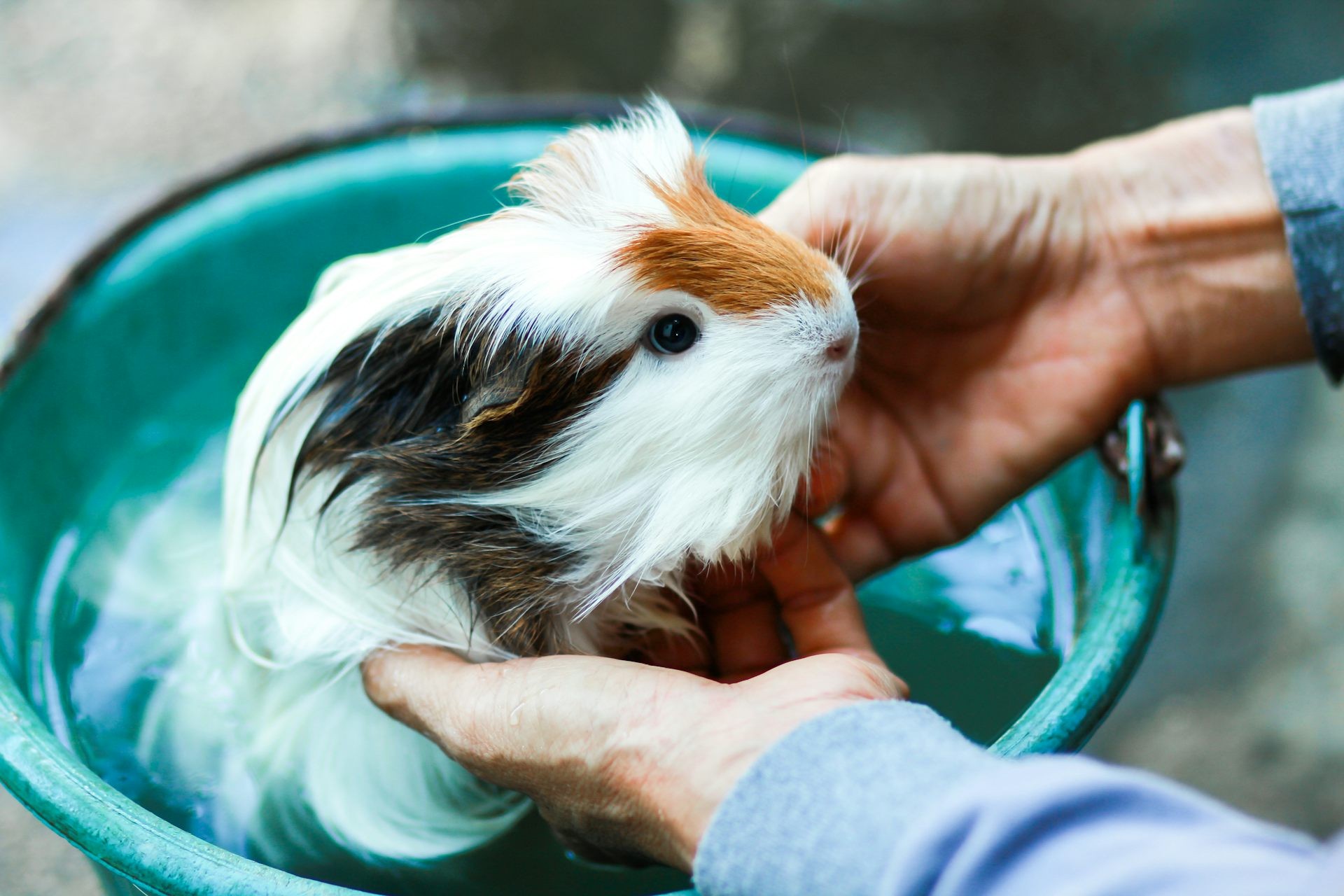We’ve all encountered heartwarming stories illustrating the deep love owners have for their pets. It might even surprise you to learn about individuals who willingly spend significant amounts on veterinary care for small creatures like guinea pigs and hamsters. A recent report in The Guardian highlighted a journalist’s £2,000 expenditure on vet bills for her guinea pig, Ruby, showcasing a level of dedication that transcends species.
The truth is, the species of an animal becomes secondary when a strong biological need is met. Delving into the reasons behind our affection for pets reveals fascinating evolutionary theories that explain this enduring human-animal bond. The connection we forge with our pets is typically a deeply emotional one, with each bond holding unique characteristics. When emotions are involved, the value of these relationships extends far beyond mere material considerations. Perhaps it’s time we moved away from purely rational perspectives and acknowledged the powerful human desire to nurture and care for another being.
Evolutionary theories offer various explanations for this bond, ranging from the biophilia hypothesis – suggesting an innate human attraction to the natural world – to our inherent caring response triggered by child-like features. These features include a high forehead, large eyes, and a shortened nose, traits we often find endearing. Evolutionary biologist Stephen Jay Gould famously pointed out this trend in the evolution of Mickey Mouse’s appearance. Over time, animators progressively amplified these “cute” features, giving Mickey a larger head, higher forehead, and shorter nose to enhance his appeal. This strategy is evident in many beloved cartoon characters.
Care-soliciting behaviors further solidify this emotional connection. For instance, guinea pigs are known to “wheek” loudly upon hearing the refrigerator door open, a behavior that endears them to their owners and strengthens the bond through interaction and perceived communication.
A more intense bond may develop between owners and pets, whether specific species or individual animals, that require substantial or specialized care and exhibit greater dependence on their human caregivers. However, this doesn’t imply a direct correlation where more care equates to a stronger bond. Problematic behaviors in pets, such as a dog’s aggression towards strangers, can unfortunately strain the relationship, diminishing the positive aspects of pet ownership.
A Relationship Booster That Transcends Species
The cognitive abilities of a pet species are largely irrelevant in fostering this bond, as long as the owner can empathize with and understand their pet’s needs. The crucial factor lies in how we frame our relationship with a species. Consider a mouse: it can be perceived as wildlife, a pet, or a pest, depending on the context, and our treatment will vary accordingly.
Caring for a pet acts as a relationship enhancer that appears to transcend species boundaries. Recent research has begun to unravel the specific elements of pet ownership that contribute positively to our psychological wellbeing. The fact that pets rely on us for care might be a significant part of their appeal.
Precisely how pet-related activities benefit us remains an area of ongoing exploration. It’s likely a combination of factors, with different processes at play for different individuals, and multiple mechanisms operating simultaneously to fortify the human-animal bond. However, research has identified several recurring themes that resonate with many pet owners.
Key Psychological Benefits of Pet Ownership
While articulating the profound bond with a pet can be challenging, understanding its positive impacts is becoming clearer. It’s important to also acknowledge potential downsides, such as social isolation if a pet’s behavior deviates from social norms, like aggression or territorial marking in public spaces.
Nevertheless, pets, irrespective of their species, play a vital role not only in our emotional landscape but also in shaping our sense of purpose and overall life satisfaction. Therefore, it should come as no surprise when pet owners prioritize their pets’ wellbeing, often considering financial costs insignificant when weighed against the immeasurable emotional rewards and companionship they provide.
